Where mainstream sounds dominate studio time, Space Studio is quietly, but powerfully, building something different. Founded in 2020 by three creatives from different corners of the world—Yosa, Esoterica, and Olayemi Oladapo—the studio was born out of a shared desire to carve out space for artists who didn’t quite fit the mould. Whether it’s soul, folk, indie-rock, or left-of-centre hip-hop, Space Studio exists as both a literal and metaphorical room for creative freedom.
Abigail, whose stage name is Esoterica, brings her genre-blending artistry into the fold, while Olayemi, an experienced music executive and lawyer, grounds the project with his industry insight. Then there’s Yosa, a DJ, producer, and one of Lagos’ most exciting new fixtures.
I got the chance to catch up with Yosa, and we talked about everything from the studio’s beginnings, the music and community they’re nurturing, the wild balancing act of business and vibes, and what it means to build something meaningful and sustainable in a rapidly shifting creative ecosystem.
Space Studio is a reminder that our creative passions need room for intention, collaboration, and maybe, a little chaos.
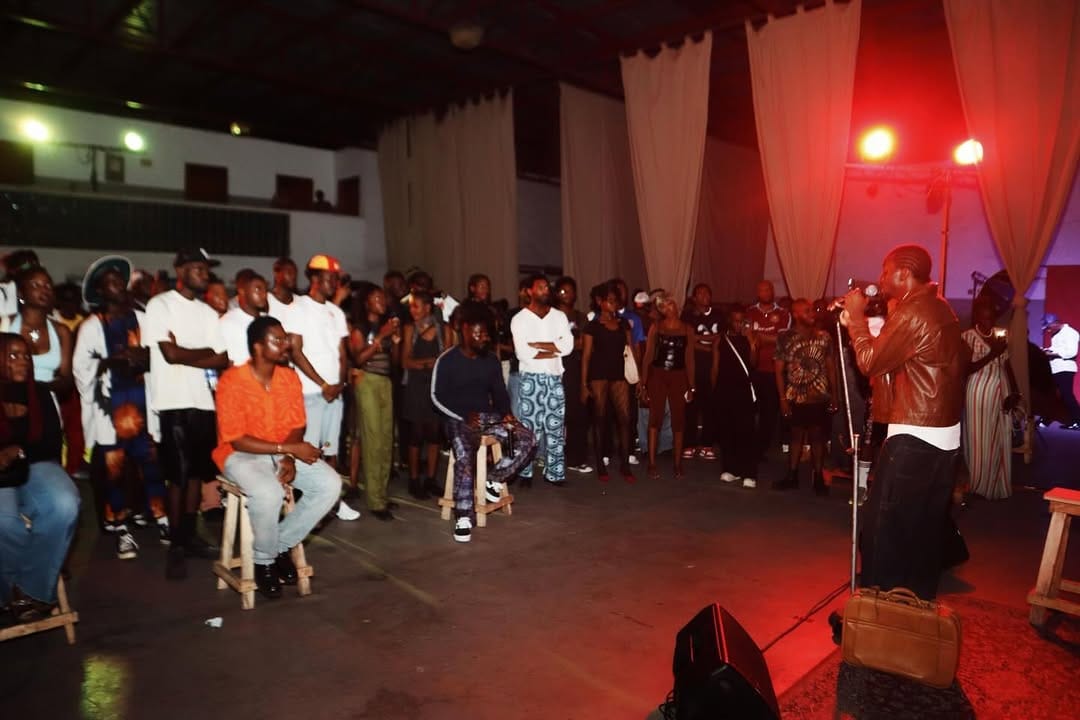
You’ve carved out a unique space for indie and alternative artists, those who don’t exactly fit into the mainstream. What inspired that community and the studio?
I make music, and the partners I co-founded the studio with were already making music together. But we’ve never really made mainstream sounds. We all come from different backgrounds, growing up in other parts of the world and then returning to Nigeria, wanting to make music that felt natural to us.
There weren’t many spaces catering to that kind of sound. Most studios here are geared toward the commercial market, it’s very pop-focused. A lot of people just want to "blow," so naturally, most studios you walk into are all about pop music.
So we thought, why not create a space for ourselves? And as we started doing that, we began meeting other artists who also didn’t quite fit into the pop mainstream mould. I used to host small studio sessions in my house, next to my bedroom. Artists would come through and we’d discover these insane talents who often didn’t even realise how good they were, mostly because they hadn’t received that external validation. No one had told them, “Yo, this stuff you’re making is amazing.”
A lot of times, when these artists work with producers or managers, and they sound like Frank Ocean, the feedback they get is, “Can you sound more like Wizkid or Victony?” Meanwhile, they’re making incredible music.
Yeah, so that was the push to build a space for ourselves and for artists like that. A space where they could feel comfortable, meet others like them, and just make what felt true.
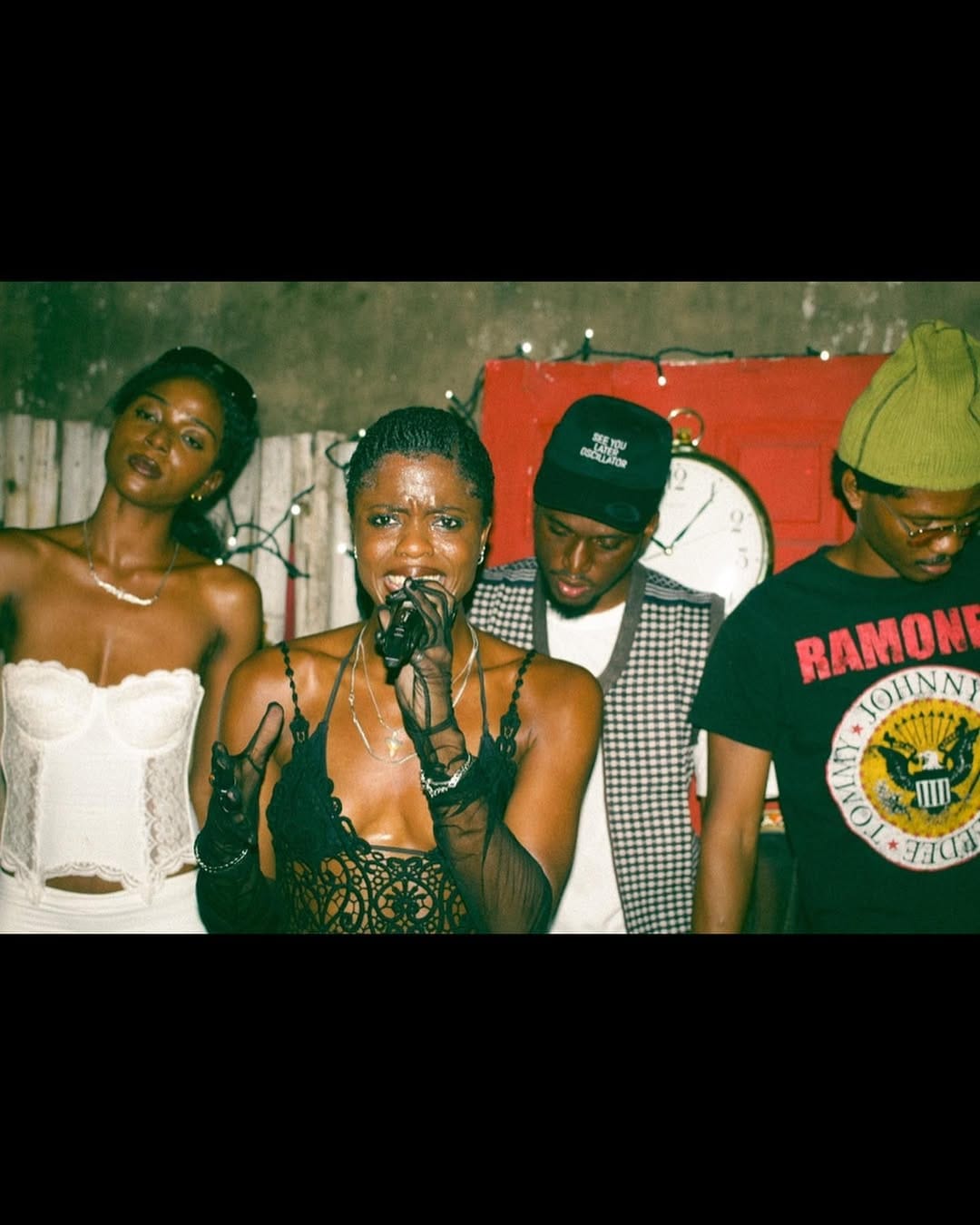
I totally agree. It’s hard for musicians to find spaces that allow for difference. I listen across genres, EDM, indie, and I follow Abigail’s work too. I’ve also heard some of your sets, and they’re quite different from the mainstream. I wanted to know how each of the founders brings their individual artistic influences into the space, especially since you all have your own projects and schedules. How does that work?
Yeah. I think it works because we’re all just focused on doing our own thing and bringing our best. We each bring our minds together to create what is now Space Studio; the look and feel, the colours, even the sound. Abby grew up in the UK and would come back to Nigeria almost every year. I grew up in the US and travelled a lot with my family. So we’ve all been exposed to different kinds of music.
I grew up on Christian alternative rock and also hip-hop. Abby listened to a lot of Adele, Lily Allen, and Kings of Leon. We brought all those influences together, along with our time now living in Lagos, and they shape the sound and the vibe of Space Studio.
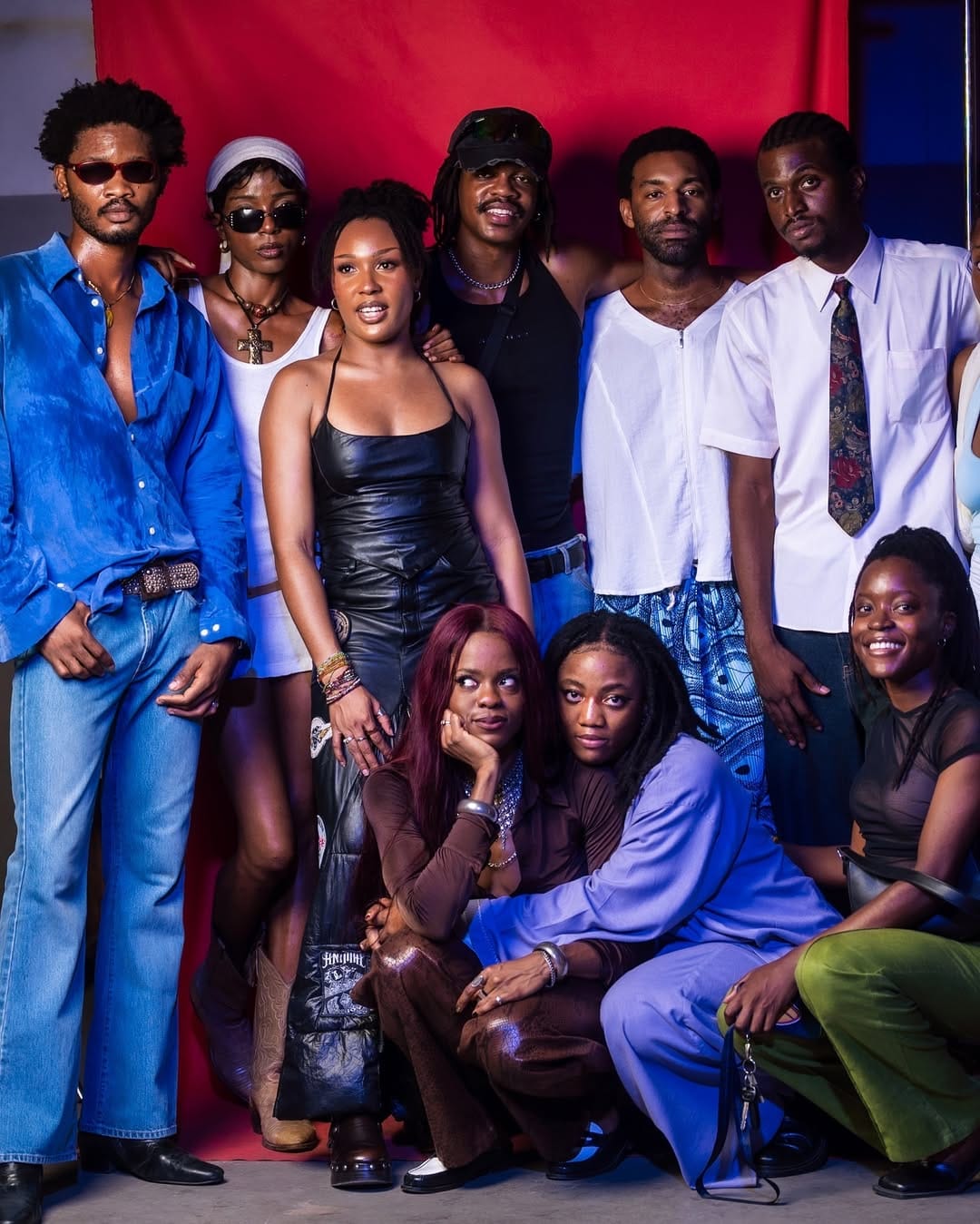
Got it. We’ve talked about how Space Studio is different, but what makes your creative process unique? Beyond a traditional studio, what does your process actually look like?
We put a lot of emphasis on just hanging out and talking. Artists and creatives in Lagos don’t have many spaces to just gather and talk about what they’re experiencing. Being an artist comes with really specific challenges, not everyone can relate. Only a tiny percentage of people in the world are going through the same things.
So we’ve created a space where artists can come and talk to each other. Right now, the people around the studio are all incredible musicians, some unsigned, still figuring out their sound, how they write, what their process is. Others have been doing this longer, have more confidence, and are signing their first deals. And they all get to sit together and share.
We talk about everything, balancing ego and confidence, working with producers, and finding managers. We talk about Nigeria, politics, TikTok, and Reels... It’s a creative community. And that’s just as valuable to me as the music.
That sounds really fun. I think Space Jam is one of the ways you’ve brought that into the public space with performances and all of that. Can you tell me more about the intent and energy behind Space Jam?
Yeah, Space Jam gives artists a platform to perform, connect with fans, and build a community around their music. It’s also a way for them to develop stage presence, vocal dexterity, and performance skills. That aspect of artist development often gets skipped over here.
So as we start releasing music, Space Jam gives people the chance to see these artists live and early. Some of them, I really believe, will be some of the biggest acts in the world. It’s a chance to catch them now, for just a little bit of change, before they blow up.
Selected moments from the Engage Space Two Year Anniversary - 22/09/24 via ymkupnext and engage_space
And beyond music, you bring in fashion, art, there’s this creative cross-pollination. How important is that collaboration between different mediums and creatives?
It’s huge. Think about artists like Tyler, the Creator or The Weeknd, they talk about world-building. It’s more than just music. It’s fashion, visuals, and storytelling.
We’re doing something similar, trying to educate and build a community around this new indie movement. What do people in this scene wear? We have a thrift element, too. One of our close friends, Eno, owns a thrifting community called Boho Funk. He’s a stylist for people like Lady Donli, The Cavemen, and some of our own artists.
So if you want to know what the Nigerian indie music scene sounds like, you come to Space Jam. If you want to know what it looks like, you can literally buy the clothes these artists are wearing. We also work with visual artists who are outside the mainstream or just up-and-coming. We wanted that full 360 experience for both the fans and the community.
I love that. Some of my favourite artists have that kind of world-building, and you can feel the passion for art beyond the music. Who are some artists you think have nailed that world-building?
Definitely Tyler. Kanye, the GOAT. Dominic Fike is another favourite, maybe not as heavy on visuals, but you can still enter his universe. The way his photos are taken, his style, it’s cohesive. Oh, and Doja. She’s a beast.
Great answers. I’d add Twenty One Pilots, they’ve built this whole world around their albums. There’s lore, websites, scrolls…
True, true. I haven’t listened to them much since like 2017, but I’m glad you brought them back up.
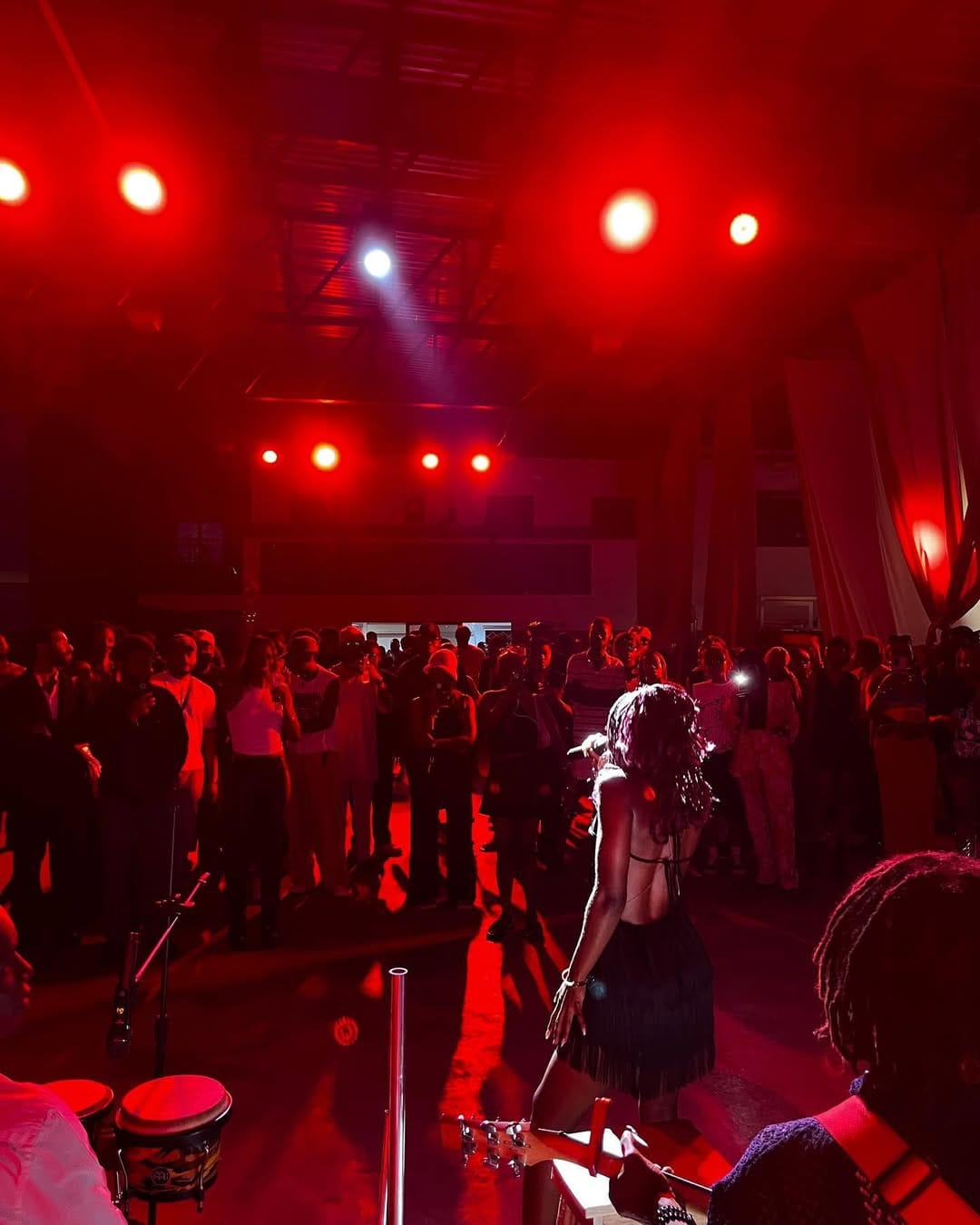
So, with all this energy coming from artists, what role does the audience play in shaping the culture, beyond just listening?
Honestly, the audience is everything, lowkey, highkey. They’re why we’re doing this. You can’t build a sound without people to listen to it. Especially now, with TikTok and short-form content, a lot of people just release music and hope it blows up online. But we think a new era is coming, one where you build a real fanbase. Not just followers, but actual people from your hometown, your community. That’s what we’re trying to do with Space Jam: connect artists to real humans who listen and care.
People in Nigeria would be surprised by how many others are listening to artists like 21 Pilots, Clairo, or Dominic Fike. There’s just not always a clear outlet to find artists like that locally. So we’re building that bridge. It’s a symbiotic relationship; artists need fans, and fans need a scene.
I get that. I believe Space Studio started in 2020. What have been some of your biggest challenges or learning curves since then?
I guess the biggest challenge was that we started a business based on friendship and vibes. We just wanted to bring our friends around to make music. But at the end of the day, it was actually a business. And that combination, business and vibes, is like oil and water. So we had to figure out, and are still figuring out, how to balance both.
It’s not like I’ve figured it out yet, but learning how to navigate that space where “You guys are my friends, but I also need to make this work as a business,” has been real. It needs to be sustainable, it can’t just cannibalise itself. It’s a passion project, yes, but we’re constantly trying to find a way to make it a sustainable passion project. That’s been one of the biggest challenges so far, and it's something we're actively working on.
Another challenge has been with the Space Jam shows, as venues are a big issue in Lagos. Space, for creatives, is the biggest luxury. And there just aren’t many venues that are truly well-suited for live performances, spaces where fans can have a good experience and not have to pay too much. That combination is rare.
Also, a big thing is, in places like the UK or US, as an artist develops, they can play shows for 20 people, then 50, then 100, 200, 500, you scale gradually. But here, upcoming artists mostly get slotted in as openers at those massive December shows, you know the ones, where there are 15 openers. They get to perform one and a half songs before the DJ cuts them off. It doesn’t create space for rehearsing, learning stage presence, or engaging the crowd. We don’t have the venues that support that kind of growth.
We used to host shows in the compound of our studio, but as things grew, we started getting neighbour complaints. So we had to start figuring out different venues to use. Thankfully, we found a beautiful venue in Ikeja that we’ve used for the last two editions.
Moving forward, we’re definitely looking for more interesting venues that suit our needs.
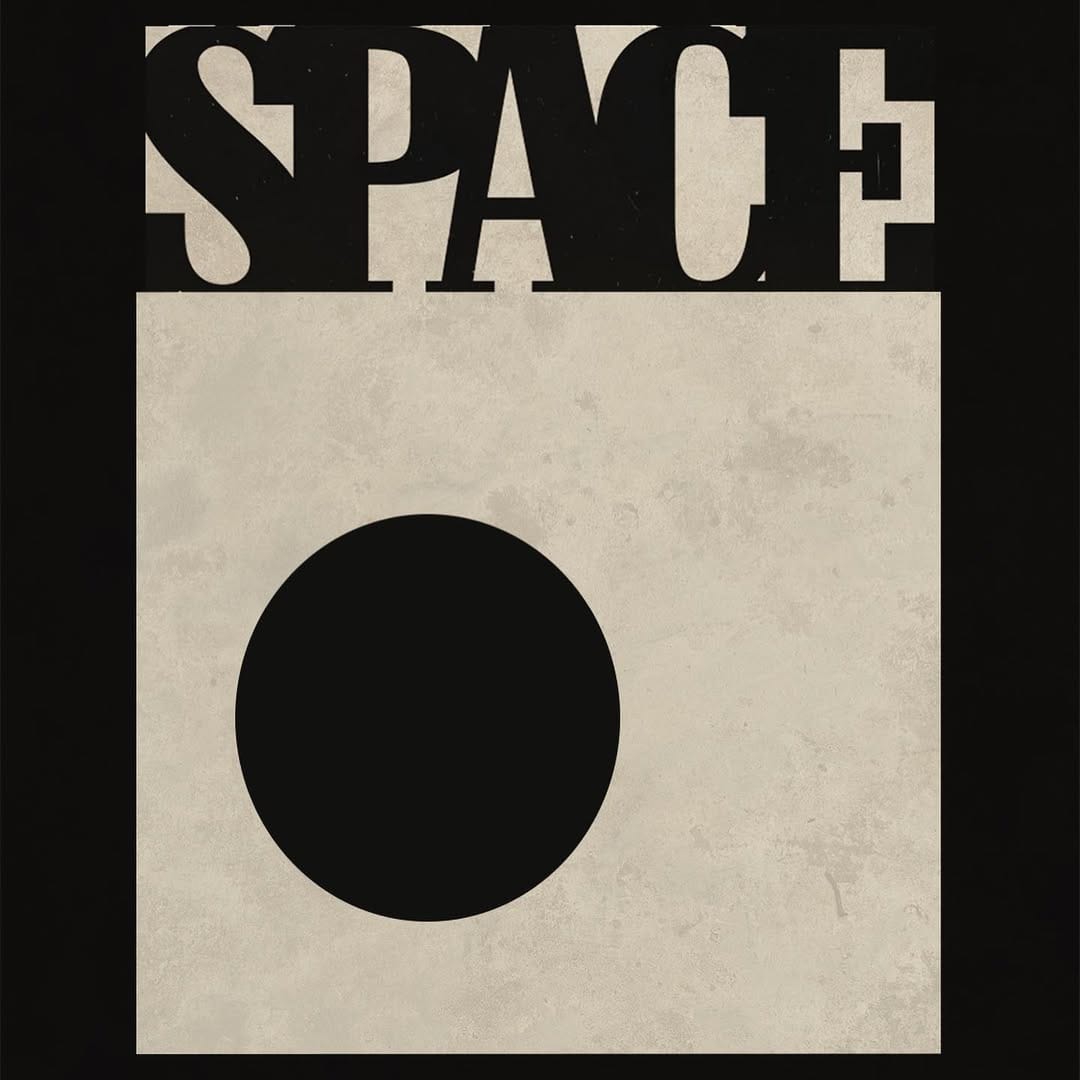
Yeah, I can see how that would be a huge problem. But I do think more spaces are starting to pop up in Lagos, more open, more willing to support the creative community. So, looking ahead, what’s the vision for Space Studio in 2025?
2025 is all about releasing music. That’s the vision this year: putting out music. And then we’re doing four Space Jam shows, one every quarter.
But the main focus: be on the lookout for music from Space, and also from all the individual artists we work with.
All right. I’m already excited. It’s been a pleasure speaking with you.
Images via @engage_space

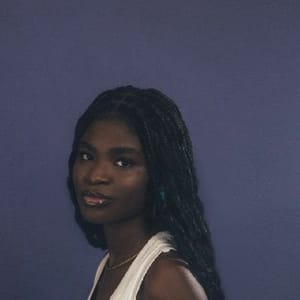
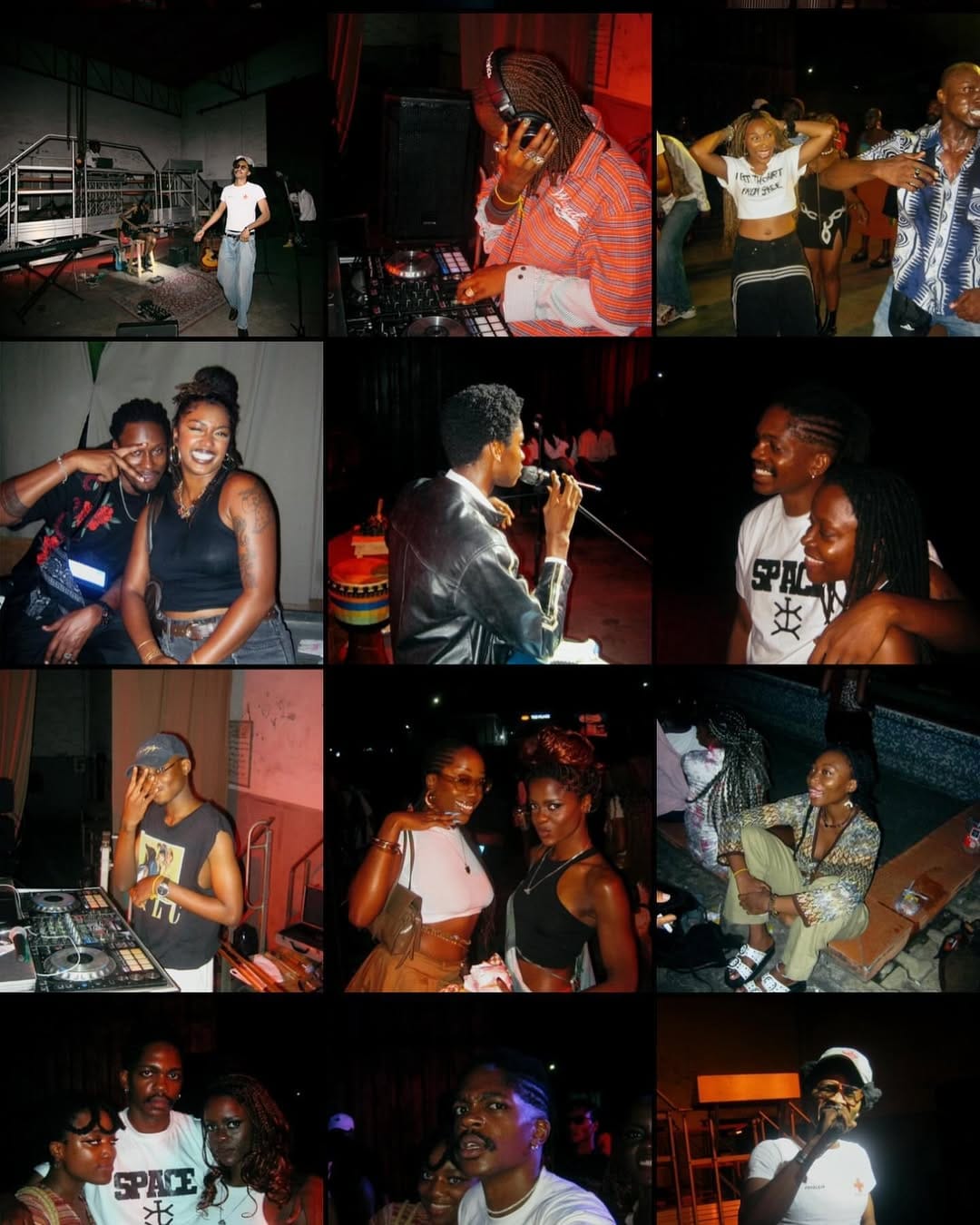
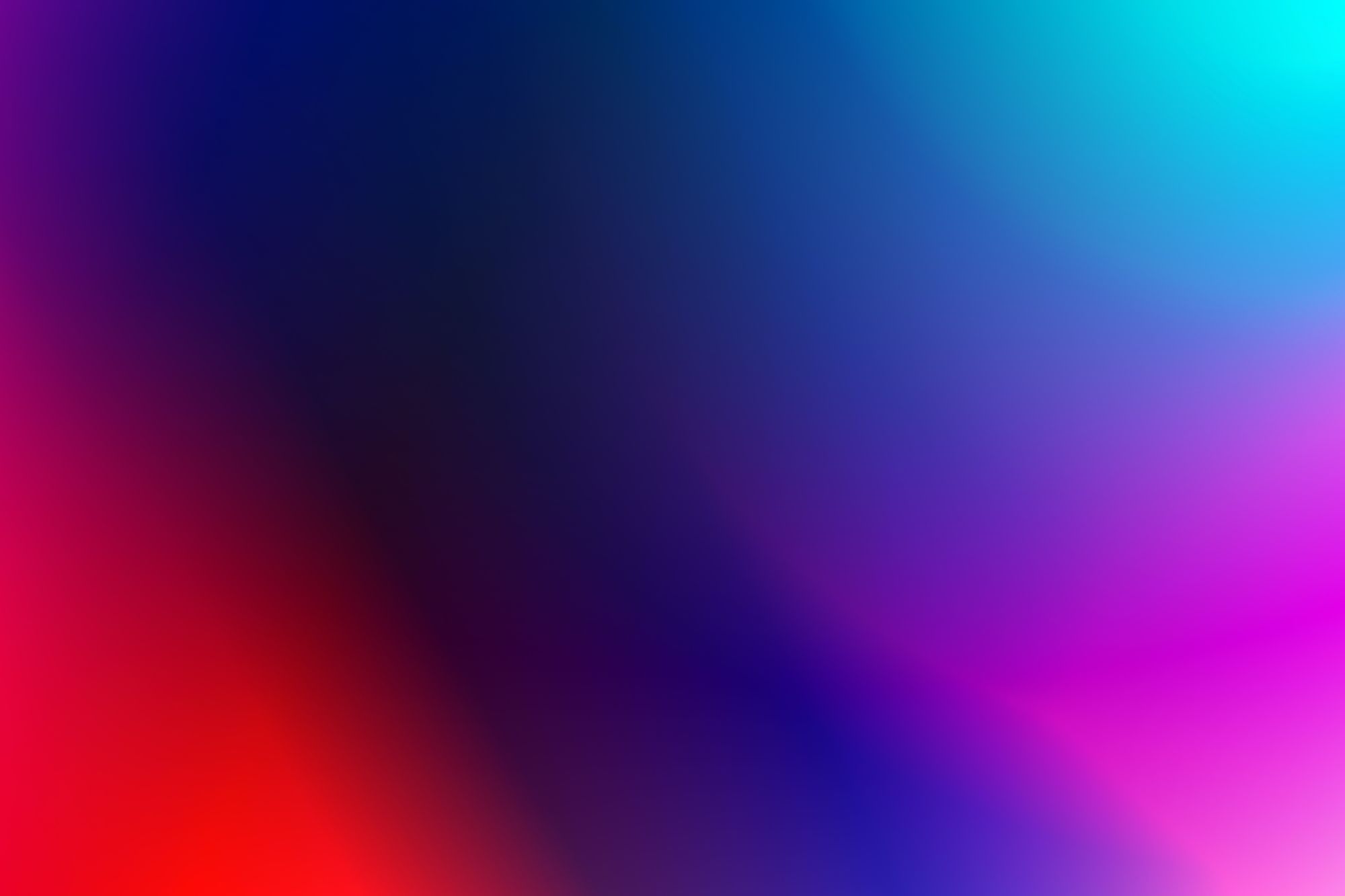
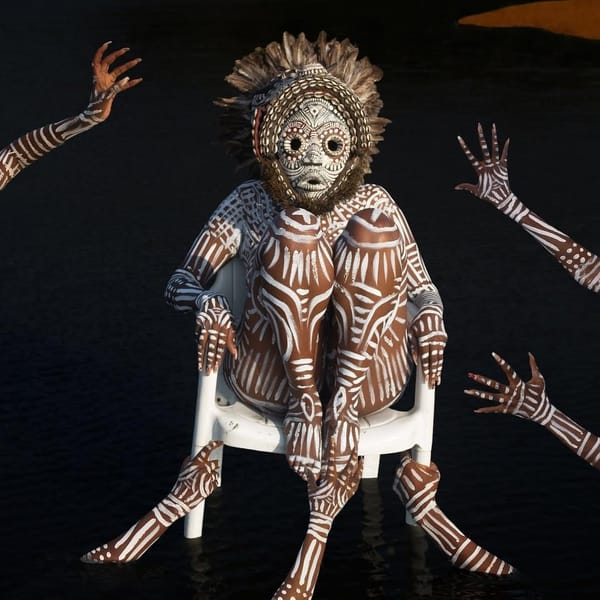
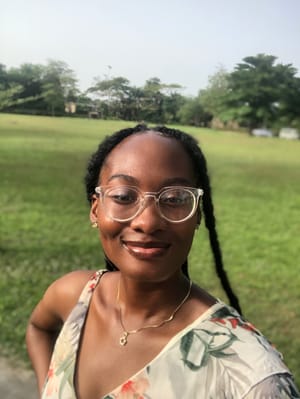
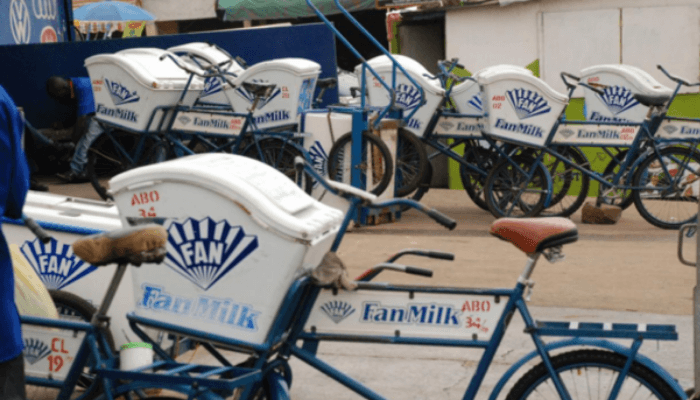
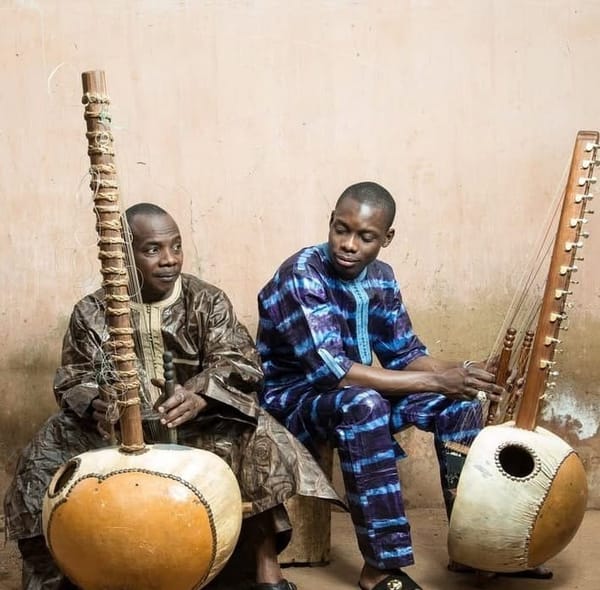
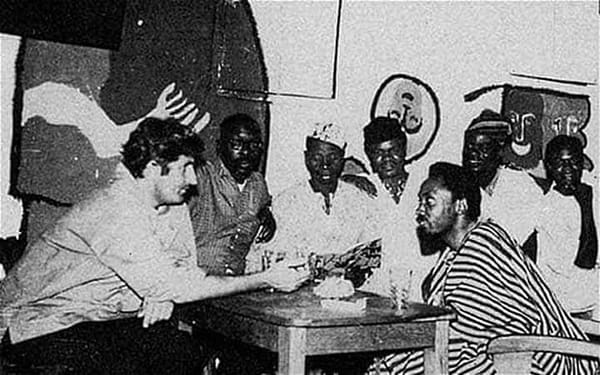
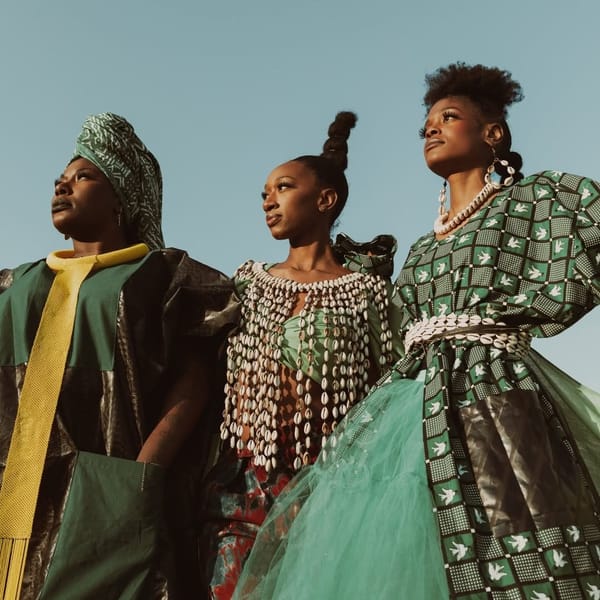

Member discussion